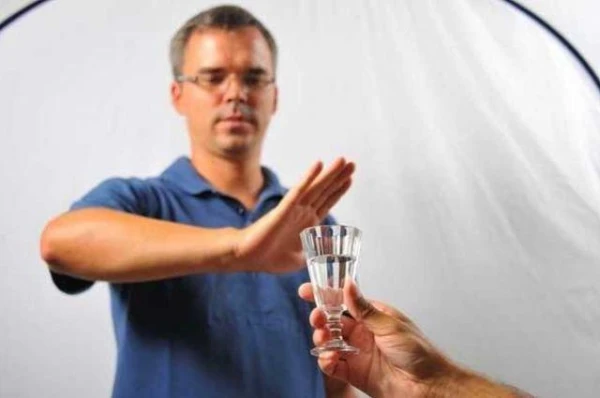
On November 20, Orthodox believers commemorate Theodotus of Ancyra, who lived in the 3rd century and suffered for his faith in Christ. In the folk calendar, this day is known as Fedotov Day. In the past, people tried to avoid travel and major purchases at this time.
On November 20, Orthodox Christians honor the great martyr Theodotus of Ancyra, who lived at the turn of the 3rd and 4th centuries and suffered for his faith in God.
During the reign of Emperor Diocletian, Christians faced brutal persecution from pagans. Theodotus, a hotel owner in Ancyra, supported Orthodox Christians by providing them with shelter, clothing, and money. Not fearing the wrath of the authorities, he participated in the burial of martyred Christians and supported their families.
When Theodotus was arrested and imprisoned, he did not attempt to persuade the pagans to release him. The great martyr endured torture with fortitude and passed away with a prayer on his lips.
On November 20, believers turn to the icon of the Most Holy Theotokos “The Raising of the Child.” Since ancient times, people have sought help and advice from this holy image in raising children. Women dreaming of children come to the icon.
Folk Calendar: Fedotov Day
The folk holiday dedicated to the memory of the great martyr Theodotus of Ancyra was called “Fedotov Day,” “Fedot Leads the Ice,” “Kingfisher,” and simply “Fedot.” Usually, at this time, bodies of water were covered with ice. It was believed that from November 20 (November 7 in the old style), water spirits, bog dwellers, mermaids, and other dark forces inhabiting rivers and lakes became harmless to humans. Until spring, they would go to the bottom and not disturb travelers.
However, fear did not leave our ancestors: there were cases when people accidentally fell into a hole or a hole in the ice and did not return, as mermaids would drag them to the bottom.
The Orthodox Church did not approve of divination, but it still took place. People believed that they could predict the future and influence their fate if they knew in advance what awaited them.
Fedotov Day was the very holiday when our ancestors practiced divination. For this, they would go to a hole in the ice, outline a circle with a candle stub, sit on the ox hides they brought with them, and patiently wait for the water spirit.
It was believed that at this time he could not only tell about the future but also transport a person hundreds of kilometers away. As soon as the divination was completed and people received what they desired, they had to quickly say: “Away from this place.” Those who hesitated could be dragged to the bottom by mermaids.
In ancient times, on Fedotov Day, it was customary to entertain children with riddles about ice. For example, such as: “Flowing-flowing – and lay under glass”; “Does not burn in fire, does not sink in water”; “I am water, and I swim on water.”
Fedotov Day: Folk Omens
Fedotov Day can quite eloquently “tell” about the weather. Our ancestors knew: if by this time rivers were covered with ice, a rich harvest of wheat could be expected in the summer. If there was no ice, it caused sadness, as it foreshadowed a long and harsh winter with all its consequences.
People on Fedotov Day carefully observed birds and animals. They knew: if roosters start to crow – it will be warm. If hens go to roost early – there will be a strong frost. If crows hide their wings under their beaks – it will be cold. If cats are angry and hiss at their owners – it will snow with rain.
Moreover, our ancestors believed that prophetic dreams could be seen on the night of Fedot. However, it was not advisable to tell anyone about them, otherwise, they would not come true.
What Not to Do on Fedotov Day
Fedotov Day is a time for making important decisions. Therefore, on November 20, our ancestors tried not to doubt their actions. If you hesitate, you miss the moment – you lose something very important.
On Fedotov Day, it is forbidden to:
Raise your voice at loved ones – this may lead to illness.
Refuse to help those in need – you cannot expect happiness and luck in your home.
Accept gifts from strangers – money may leave the house.
Buy expensive things – they will bring troubles and will not last long.
Set out on a journey – you may get lost and not return home.
Fishermen were forbidden to sell fish caught on this day. If this prohibition was violated, one could forget about a good catch in the near future. Pregnant women were advised by the elders to avoid bad thoughts on Fedotov Day, otherwise, the child would feel unhappy.












